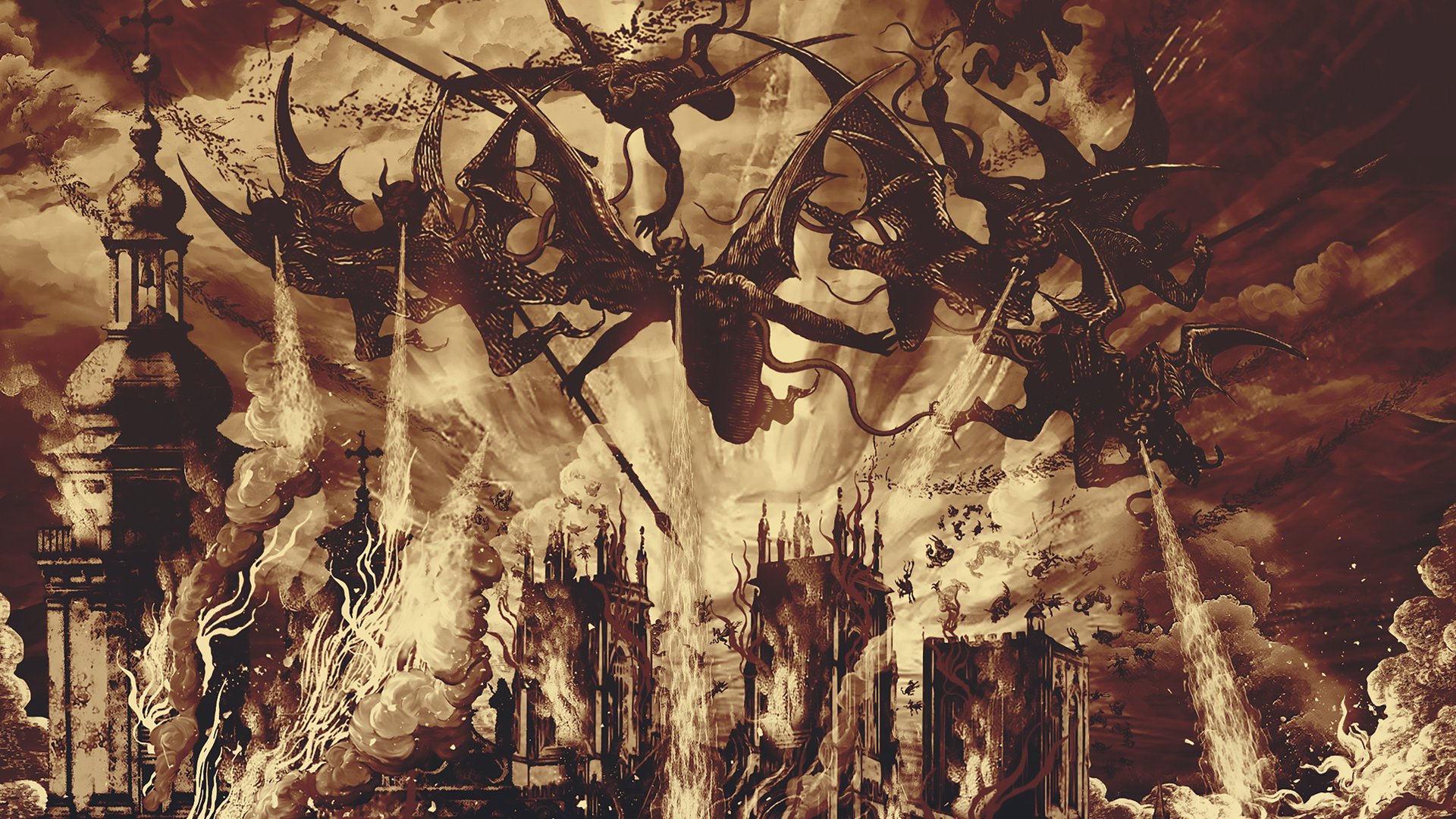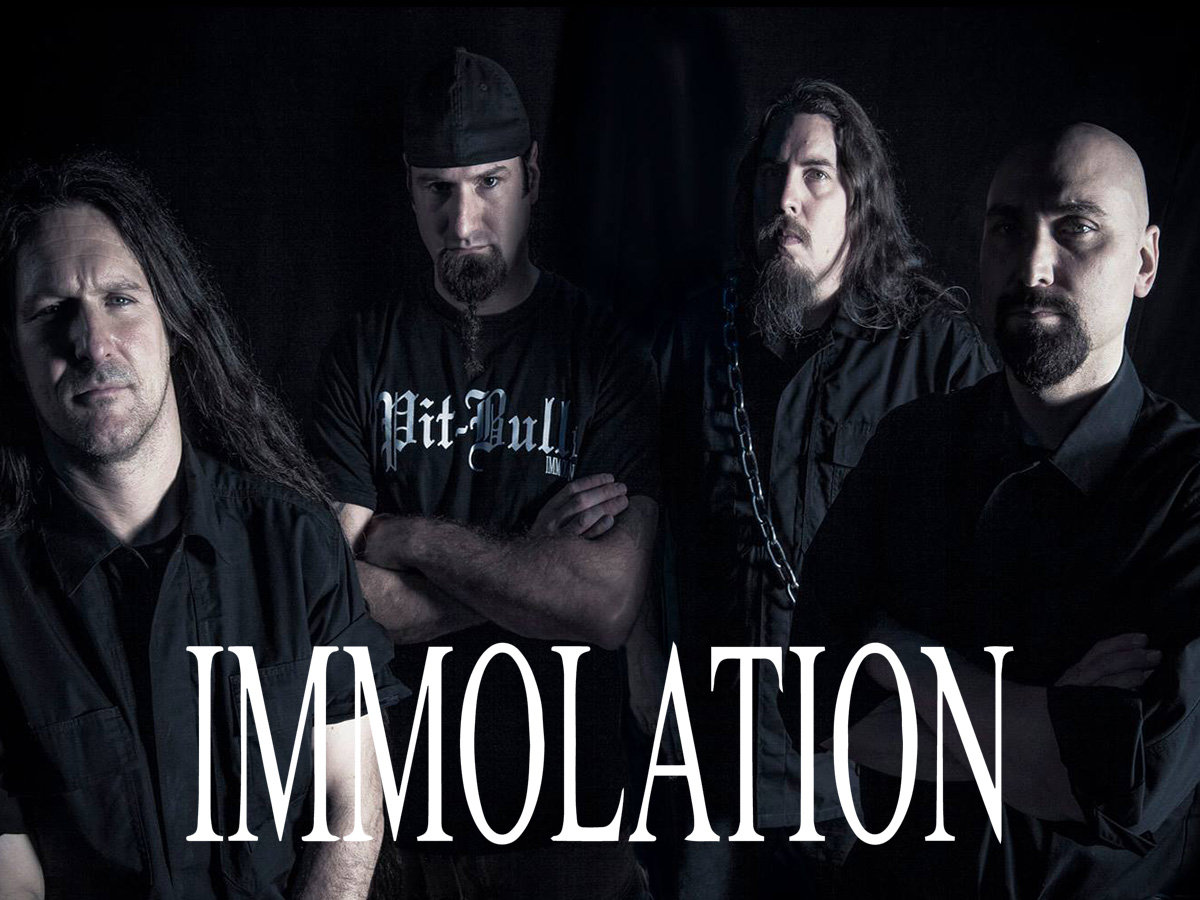Sometimes, a single word holds a truly immense weight, carrying with it echoes of history, deep feeling, and significant events. "Immolation" is very much one of those words. It is not something we hear or speak about every single day, which is perhaps a good thing, given the gravity of what it describes. Yet, to truly grasp its sense, it helps to look closely at what it actually points to.
When you hear "immolation," your mind might, in some respects, immediately go to images of intense fire or profound loss. This is, you know, because the word often brings to mind acts of severe destruction, frequently involving flames. It is a term that speaks to a very specific kind of ending, one that often involves a complete transformation of whatever is involved, usually through burning.
So, we are going to take a closer look at what this powerful word truly means. We will explore its different facets, from its core definition to the reasons why such acts might happen, and how it has been understood over time. Basically, we will try to make sense of a concept that is, to be honest, quite intense and historically significant.
- Paleseafoam Nudes
- Iran Nominal Gdp 2024 Imf
- Tony Hinchcliffe Wife Instagram
- Braunwyn Windham Burke
- Hanime New
Table of Contents
- What is the core idea behind immolation meaning?
- How does immolation connect with sacrifice?
- What drives acts of immolation in history?
- Is immolation always about physical destruction?
- The Verb "Immolate" and its Purpose
- Understanding the Severity of Immolation Meaning
- A Word with Many Layers of Immolation Meaning
- Summary of Immolation Meaning
What is the core idea behind immolation meaning?
At its heart, the idea of immolation points to the process of being immolated, or the condition of having been immolated. It is, to put it simply, an action or an instance of that action taking place. When we talk about the basic sense of this word, we are referring to the act of bringing about the end of something or someone, quite often by using fire. This destruction can be directed at a person, at another living creature, or even at an object. It is, you know, a very final kind of act, leaving little behind.
Many sources that explain words will tell you that it involves taking a life, whether it is one's own or another's, or bringing something to a complete ruin. The method typically involved is burning. So, in its most straightforward sense, immolation refers to this kind of fiery conclusion. It is a term that carries a lot of weight, as it describes an event where something is completely consumed or changed by fire. This fundamental understanding is, in a way, the starting point for exploring the word further.
How does immolation connect with sacrifice?
One of the very important aspects of the word "immolation" is its deep connection to the idea of sacrifice. It is not just about destruction; quite often, it is about destruction for a specific purpose, as an offering. For instance, word sources often explain immolation as an act or a happening of offering something up, particularly by fire, as a religious offering. This means that the act of bringing something to an end, especially with flames, can be seen as a way to give something of great value to a higher power or for a significant cause.
Historically, in some very old societies, the offering of animals by fire was a rather common practice. This was done, usually, as a way to try and gain favor with the gods or spiritual forces. The idea was that by giving up something precious in this dramatic way, one could, in some respects, influence outcomes or show devotion. So, the act of immolation, in these contexts, was deeply woven into spiritual beliefs and community rituals. It was a formal way of making a gift, often with the hope of receiving something in return, or simply as an expression of faith.
What drives acts of immolation in history?
When we look at the history of immolation, it becomes quite clear that these acts are often driven by deeply held beliefs or powerful social forces. It is, basically, not an act that happens without significant motivation. The sources tell us that it is very much carried out for political or religious reasons. This suggests that the motivations behind such extreme actions are often tied to matters of belief, governance, or collective identity. It is, you know, a way for people to make a very strong statement.
For example, immolation has, in some instances, been used as a very stark form of protest. When people feel that their voices are not being heard, or that they are facing extreme injustice, they might resort to such a drastic act to draw attention to their cause. It is also seen in acts of martyrdom, where an individual gives their life for a cause they believe in, often hoping to inspire others or solidify a movement. These are, you know, incredibly serious choices, often made under extreme pressure or out of profound conviction, and are known for their very unsettling and forceful nature.
Is immolation always about physical destruction?
While the word "immolation" very often brings to mind the idea of physical destruction, especially by fire, it is worth considering if it always has to be literally about that. The provided definitions often emphasize the actual destruction of a material object, where that object is completely altered, like when an animal is killed. This suggests a very real, tangible ending to something. However, the idea of "equivalent destruction" is also mentioned, which makes one wonder, you know, if there are other ways to understand it.
In a way, while the core meaning points to physical burning or killing, the broader sense of sacrifice can sometimes extend to things that are not strictly physical. For instance, one might talk about the immolation of ideals or hopes, meaning their complete and utter destruction, even if no actual fire is involved. But, honestly, when the word is used, it almost always carries that strong implication of physical ruin, particularly by flames. So, while there might be a subtle hint of broader interpretation, the direct sense of the word remains tied to very real, tangible acts of ending.
The Verb "Immolate" and its Purpose
The verb form, "immolate," gives us a clearer picture of the action itself. It means to bring about the end of something or someone, usually by using fire, as an offering to a greater purpose. This highlights the intentionality behind the act. It is not just accidental burning; it is a deliberate choice made with a specific aim. This purpose is often described as a "higher cause," which could be anything from a religious belief to a political ideal, or even a deep personal conviction. So, it is about a very purposeful act of destruction.
Understanding the verb helps us see that immolation is almost always linked to a motivation that goes beyond simple harm. There is, in a way, a sense of dedication or commitment involved. It is an act that is meant to serve a larger goal, even if that goal is difficult for others to grasp or accept. This distinction between simple destruction and destruction for a purpose is, you know, quite important when trying to fully appreciate the meaning of the word. It adds a layer of solemnity and, frankly, often tragedy to the concept.
Understanding the Severity of Immolation Meaning
It is, to be honest, impossible to talk about the idea of immolation without acknowledging its very serious and often unsettling nature. The sources themselves point out that it is known for its disturbing and forceful characteristics. This is because the act itself involves extreme measures, often resulting in profound loss of life or complete ruin. It is not a gentle or minor event; it is, in fact, an act that carries immense weight and often leaves a lasting impact on those who witness or hear about it.
The severity comes from the finality of the act and the methods typically involved. Using fire to bring about an end is, you know, a very powerful and destructive force. This means that the consequences are usually irreversible and absolute. So, when we use the word "immolation," we are referring to something that is not just an ending, but a very dramatic and often painful one. It is a term that should, basically, always be approached with a clear sense of its gravity and the profound implications it carries for those involved.
A Word with Many Layers of Immolation Meaning
As we have seen, the idea of immolation is not a simple, one-dimensional concept. It is, rather, a word with many layers, each adding to its overall sense. From its basic definition as an act of destruction, usually by fire, it expands to include notions of sacrifice, religious offerings, and even political protest. Word sources, like those from prominent dictionaries, often list multiple senses for the noun, showing just how rich and varied its interpretations can be. This means that when someone uses the word, the full context is, you know, quite important.
The word also has a history, and its usage has evolved over time, yet its core sense of purposeful destruction, often by fire, remains. It is a term that conjures up powerful images and carries a deep emotional charge. So, while it might seem like a straightforward word at first glance, a closer look reveals a complex set of meanings that are tied to human belief, societal pressures, and historical events. It is, basically, a word that requires a good deal of thought to truly grasp its full scope and weight.
Summary of Immolation Meaning
We have explored the concept of immolation, beginning with its core idea as an act of destroying something or someone, often by burning. We then looked at its strong connection to the idea of sacrifice, particularly in ancient rituals where it was used to gain favor with spiritual forces. We also discussed how such acts are often driven by political or religious reasons, serving as a form of protest or martyrdom. The severity of immolation, with its disturbing and forceful nature, was also acknowledged. Finally, we considered the verb "immolate" and how it points to a deliberate act serving a higher cause, highlighting the many layers of meaning this powerful word holds.
Related Resources:



Detail Author:
- Name : Ophelia Kreiger
- Username : schumm.elliott
- Email : sfeeney@kutch.com
- Birthdate : 1978-12-20
- Address : 3460 Hackett Trace Apt. 193 Rahulfurt, CT 07546-4737
- Phone : 1-860-267-1714
- Company : Schulist, Jakubowski and Spencer
- Job : Gas Pumping Station Operator
- Bio : Occaecati vel distinctio sapiente cupiditate at sed harum. Sed quasi dolores tenetur provident quidem aliquam. Rerum voluptas id dolores doloribus necessitatibus et fugiat.
Socials
tiktok:
- url : https://tiktok.com/@gideon.bechtelar
- username : gideon.bechtelar
- bio : Facilis perferendis impedit vitae ullam autem blanditiis beatae.
- followers : 6209
- following : 1594
linkedin:
- url : https://linkedin.com/in/gbechtelar
- username : gbechtelar
- bio : Vitae at voluptas et.
- followers : 5483
- following : 2027
instagram:
- url : https://instagram.com/bechtelarg
- username : bechtelarg
- bio : Quos et culpa beatae recusandae. Ut laudantium magnam nemo consectetur.
- followers : 6049
- following : 1528
facebook:
- url : https://facebook.com/gbechtelar
- username : gbechtelar
- bio : Esse optio magni maxime et eius. Repudiandae eligendi aut cupiditate cum alias.
- followers : 1160
- following : 923
twitter:
- url : https://twitter.com/gideon_bechtelar
- username : gideon_bechtelar
- bio : Totam non harum inventore praesentium sunt. Deserunt consequatur sed sit alias. Sapiente quasi voluptate et facere.
- followers : 6959
- following : 1315